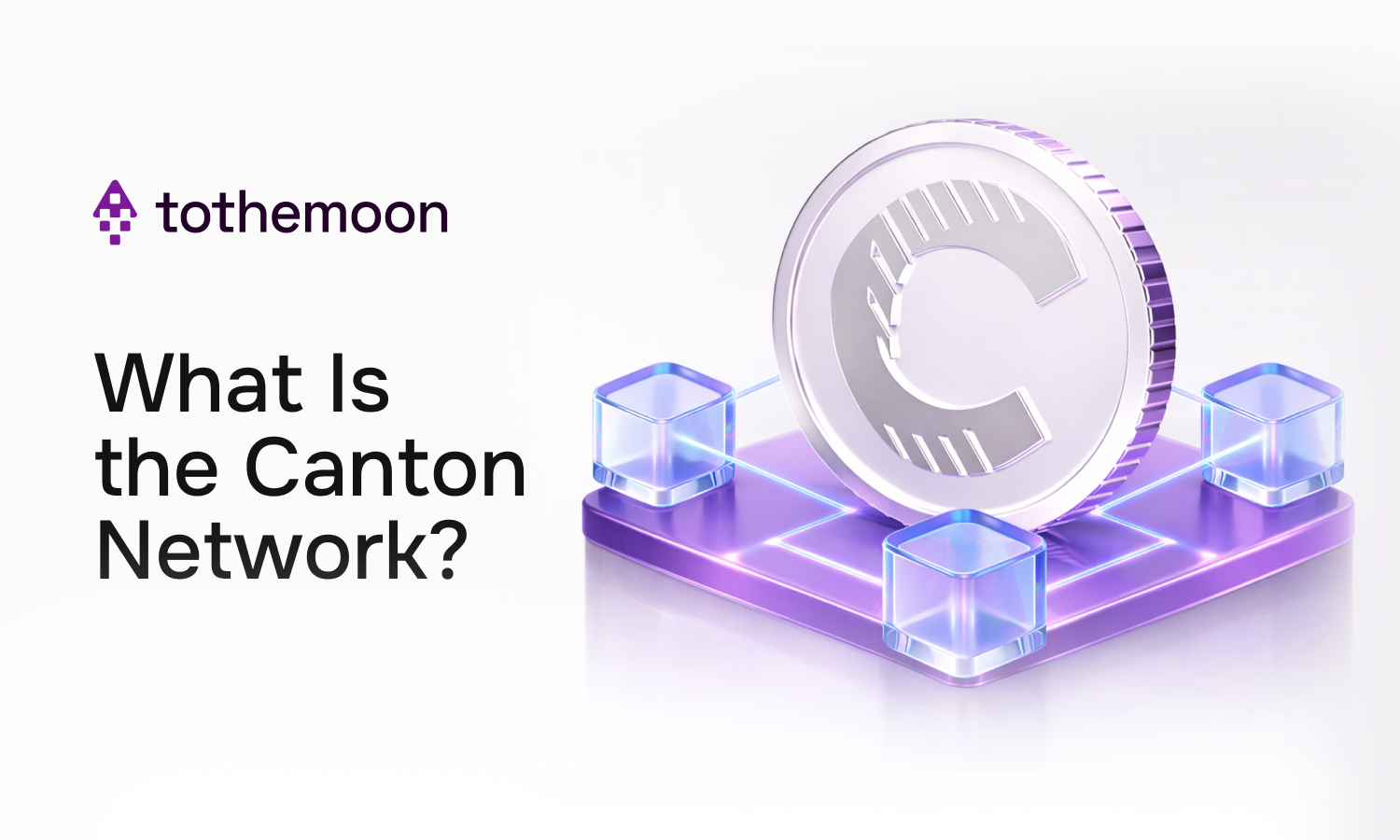
A Comparison of Two Bitcoins: Bitcoin vs Bitcoin Cash
The digital currency history dates back to 1983 when a cryptographer, David Chaum, published the "Blind Signatures for Untraceable Payments” paper. Although the company and the currency, eCash, that were created by Chaum as a result ended up going bankrupt, the tools and ideas he provided contributed greatly to the digital currencies introduced later on.
In 2008, Bitcoin became the first viable and now the most well-known digital currency both in crypto and the whole world. Bitcoin Cash, which was introduced almost ten years later, set out to improve the most famous blockchain network. Bitcoin (BTC) and Bitcoin Cash (BCH) have disrupted conventional banking systems and sparked a global conversation about the future of money.
As we explore the details of these two cryptocurrencies, we will address the philosophical and technical differences that define them. We will also explore the innovative blockchain technology that powers these networks and the implications they hold for the future of digital transactions.
What is Bitcoin (BTC)?
Bitcoin was introduced to the world by an anonymous entity known as Satoshi Nakamoto through a nine-page document, a whitepaper. This document outlined the concept of a new digital currency that would operate independently of centralized authorities like banks and governments.
Bitcoin’s journey began amid the 2008 financial crisis, intending to create a new financial system that puts power back into the hands of the people. The first block of the Bitcoin blockchain, known as the genesis block or Block 0, was mined by Satoshi Nakamoto in 2009. The first real-world transaction happened in 2010 when a Bitcoin miner bought two pizzas from Papa John’s in Florida for 10,000 BTC.
Key Features
- Open-Source Nature: Anyone with an internet connection and the necessary hardware can participate in the Bitcoin network. Its accessibility and transparency have contributed to its global adoption.
- Limited Supply: Bitcoin has a capped supply of 21 million coins. Some coins have been lost forever due to various reasons, further limiting the available supply.
- Divisibility: The smallest unit of a bitcoin, known as a satoshi, is one hundred millionth of a single bitcoin (0.00000001 BTC). This makes microtransactions possible, further increasing the versatility of the cryptocurrency.
What is Bitcoin Cash (BCH)?
Bitcoin Cash (BCH) is a cryptocurrency that emerged from a hard fork of Bitcoin in 2017. It was created to address some of the limitations of Bitcoin, particularly in terms of transaction speed and scalability.
The creation of Bitcoin Cash can be traced back to growing concerns within the Bitcoin community about Bitcoin's limited capabilities, particularly its transaction speed of seven transactions per second. This was seen as insufficient to support the growing adoption of Bitcoin and its efficiency for routine financial activities.
As a result, a fraction of the Bitcoin community decided to split the network and develop a more efficient one, creating Bitcoin Cash. The name "Bitcoin Cash" was chosen to reflect the founding team's goal of creating a more spendable electronic form of digital cash.
Key Features
- Increased Block Size: Bitcoin Cash has a larger block size (initially set at 8 megabytes, now at 32 megabytes) compared to Bitcoin’s 1 megabyte. This allows more transactions per block, aiming to improve transaction speeds and reduce fees.
- Replay and Wipeout Protection: After splitting from Bitcoin, BCH introduced protection mechanisms to prevent transactions on one chain from affecting the other.
Technological Backbone: Comparing Bitcoin and Bitcoin Cash
The core technology behind Bitcoin is blockchain, first proposed in 2008 and implemented in 2009. The network timestamps transactions by hashing them into a continuous chain of hash-based Proof-of-Work, creating a record that cannot be altered without redoing the Proof-of-Work.
This system is secure as long as honest nodes collectively control more CPU power than any cooperating group of attacking nodes. Miners confirm and add transactions to the blockchain by using cryptography to solve equations.
Bitcoin Cash, on the other hand, works very similarly to Bitcoin. It also operates on an open-source, decentralized digital ledger. Like Bitcoin, Bitcoin Cash uses a Proof-of-Work (PoW) consensus mechanism to secure its network. Miners competitively process transactions and block additions to the Bitcoin Cash blockchain using sophisticated computing equipment. However, the main difference between Bitcoin and Bitcoin Cash lies in their block size and transaction speed.
Bitcoin’s BTC vs. Bitcoin Cash’s BCH
Bitcoin (BTC) and Bitcoin Cash (BCH) are different cryptocurrencies with different values and market capitalizations. Bitcoin has become the digital gold standard in the crypto industry. Its value stems from its “original” status, widespread acceptance, and limited supply of 21 million coins. Bitcoin is often used as a store of value, similar to gold, and is seen by many as a hedge against inflation.
In comparison, Bitcoin Cash was created to function more as a digital currency for everyday transactions. While it shares a common history with Bitcoin, Bitcoin Cash has a lower value and market capitalization. The main reason for this is its lower adoption rate and the perception that it is a variant of Bitcoin.
Despite this, Bitcoin Cash has its dedicated community and made strides in becoming a viable medium for everyday transactions.
Conclusion
The development of Bitcoin and Bitcoin Cash represents a significant step in the world of digital currencies. As a pioneer, Bitcoin has set a standard for other cryptocurrencies to follow. On the other hand, Bitcoin Cash was introduced with a focus on improving the usability of digital currency for everyday transactions.
As time goes on, the dynamics between BTC and BCH will be shaped by technological advancements, regulatory changes, and community support. Their journey is about both technological competition and redefining the nature of currency in an all-digital era.


.svg)





.svg)
.svg)
.svg)
.png)

.png)
.png)